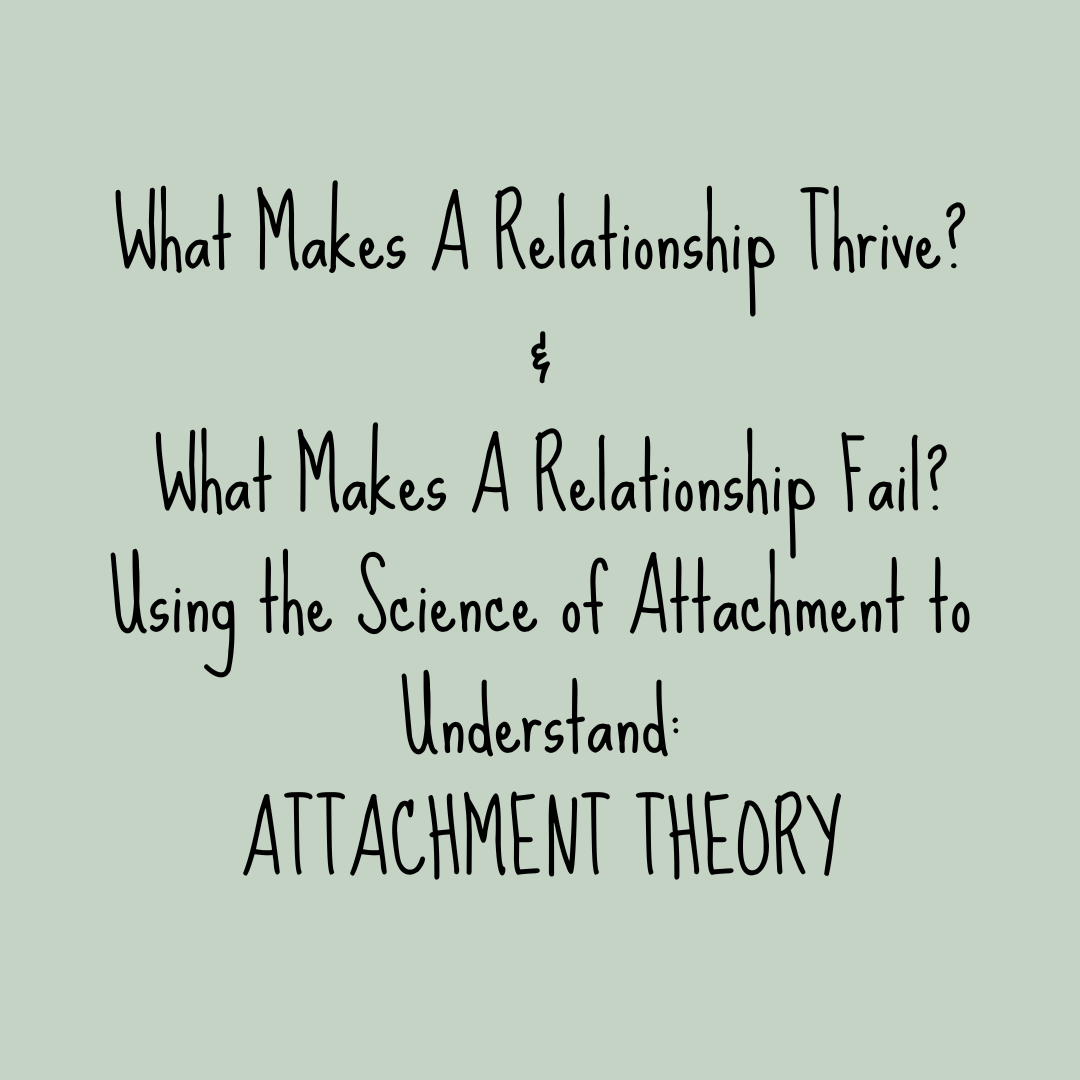How Personal Anxiety Can Impact Your Relationship
How Personal Anxiety Can Impact Your Relationship
Feeling disconnected or being in conflict with your partner creates feelings of loneliness and angst.
Most people want to escape those feelings—but can’t. This leaves them feeling out of control in their own body.
The Coping Strategy: Control the Environment to Feel Inner Control
One way people manage this is by trying to control their external environment in order to feel a sense of internal regulation.
Example:
We all want a clean house.
But some people have perfectionistic standards around cleaning that are less about tidiness and more about anxiety management.
They use “perfectionistic clean” as a way to feel in control—because they don’t feel emotionally safe in the relationship.
This is especially true when the relationship is struggling. The mess isn’t the problem. The disconnection is.
Then What Happens?
Since this form of cleaning (or any external strategy) is how they manage their anxiety, they want their partner to join in.
When the partner doesn’t adopt the same strategy, it feels like emotional abandonment:
“My partner isn’t willing to help me manage my anxiety.”
This creates pressure in the relationship, which then gets acted out through:
Protests
Demands
Blame
Simmering resentment
The other partner reacts with retreat or deflection, which then creates more of the very disconnection that triggered the anxiety in the first place.
The Real Problem: A Negative Cycle
Neither partner realizes the root issue is disconnection.
Neither sees how their strategies to manage that disconnection are actually reinforcing it.
They’re stuck in a negative cycle.
The Way Out
The solution lies in learning to:
Access the deeper emotions under the anxiety
Support and regulate those emotions from within
Co-regulate through healthy emotional support from each other
This helps couples feel more connected, which means less emotional pain to begin with.
To break the cycle, partners must:
Become aware of the pattern
Learn strategies to interrupt and manage it
Commit to emotionally supporting each other in ways that reduce the anxiety instead of fueling it
Support for Breaking the Cycle
Attachment 101 Course – Learn how anxious or avoidant patterns show up in relationships
Understanding Shame Workshop – Explore what’s beneath the anxiety and perfectionism
Relationship Coaching – Get support navigating anxiety and disconnection
Couple and Individual Group – Practice staying emotionally present during stress
“When we try to control our environment to manage anxiety, we often push our partner away—when what we really need is emotional connection.”


Most conflict isn’t happening because you “can’t communicate.” It happens because your nervous system gets activated and you lose structure. You start proving, defending, mind-reading, or stacking old hurts, and suddenly the real issue disappears.
DEAR MAN is a simple framework you can memorize and lean on when you need to ask for something, set a boundary, or address a pattern, while still protecting the relationship.